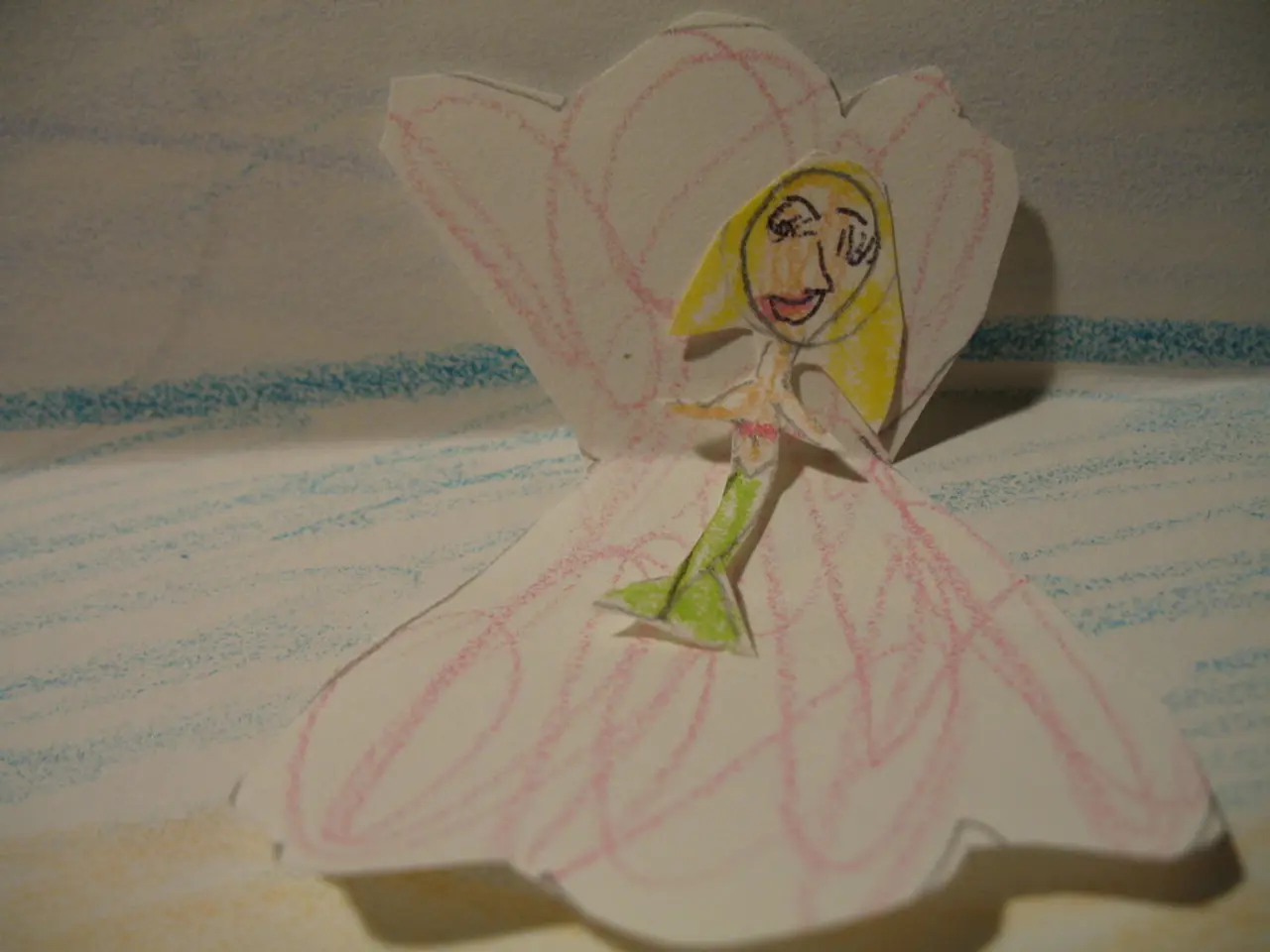Unveiled Trends: We Are Social Highlights Five Emerging Phenomena
We Are Social, a leading global digital agency, has published a new report titled 'Next Gen Influence'. The report identifies five trends shaping the future of brand and creator collaborations, offering insights into the rapidly evolving ecosystem of influencer marketing.
Authenticity and Long-term Partnerships
Brands are moving beyond one-off sponsorships towards long-term collaborations with creators to build trust and deeper engagement. Authentic content that feels genuine rather than scripted is becoming the standard.
Rise of Micro and Nano-Influencers
The report highlights the increasing focus on micro-influencers and niche creators, whose smaller but highly engaged and trustworthy communities deliver better audience connection and ROI. Nano-influencers, who compose a large share of the creator base, are valued for their closeness to their audiences.
Creator-Led Product Lines and Revenue Sharing
Brands are funding original products led and co-created by creators, treating them as partners in product development and revenue streams rather than just endorsers.
Subscription and Exclusive Content Models
Collaboration includes subscription-based approaches, private communities, and gated content, enabling creators to build deeper, ongoing connections with fans and offer unique value beyond typical posts.
New Monetization Opportunities (Web3, NFTs, Digital Products)
Influencers are leveraging emerging technologies and monetization forms such as Web3 initiatives, NFTs, paid newsletters, and digital courses to diversify revenue and innovate creator marketing.
These trends reflect a maturing influencer economy emphasizing genuine relationships, professionalization, and innovative business models for greater brand-creator synergy.
Mobbie Nazir, Global Chief Strategy Officer at We Are Social, discussed the report's findings in a press release. Nazir stated that the creator economy is growing rapidly and is driven by individuals working in those spaces. He emphasized that understanding the deeper motivations impacting brand-creator collaborations is crucial in the rapidly evolving ecosystem.
The Right to Reinvention
The first trend, 'the right to reinvention', is about creators recording and sharing their journeys and transformations online. @hart_of_shetland, a driver of the 'relatable realism' trend, is an example of this, being a former city-dweller who now lives on the Shetland islands and makes ethical crafts.
Relatable Realism
'Relatable realism' is another trend that viewers are celebrating, featuring aspirational content that promotes calmness and stability over luxury and glamour. Julie Vu, Big Brother Canada's first transgender houseguest, is one of the creators making waves and standing out in this area.
Influential Allies
The third trend, 'influential allies', highlights audiences' increasing scepticism surrounding philanthropy and the creation of content that challenges the status quo. Kahlil Greene, who uses TikTok to share forgotten historical truths, is an example of an influential ally.
The Marc Jacobs and @sylvaniandrama partnership is used as an example of 'credible creativity', focusing on very online communication modes and authenticity.
The We Are Social 'Next Gen Influence' report can be read on their website, offering valuable insights for brands and creators alike.
- As the influencer economy matures, brands are forging long-term collaborations with creators to build trust, with authentic content becoming the standard, just like We Are Social's partnership with @sylvaniandrama.
- Social media influencers, such as Kahlil Greene and Julie Vu, are leveraging emerging technologies and monetization forms like NFTs and digital products, while promoting 'relatable realism' or challenging the status quo, as part of the 'influential allies' trend.




